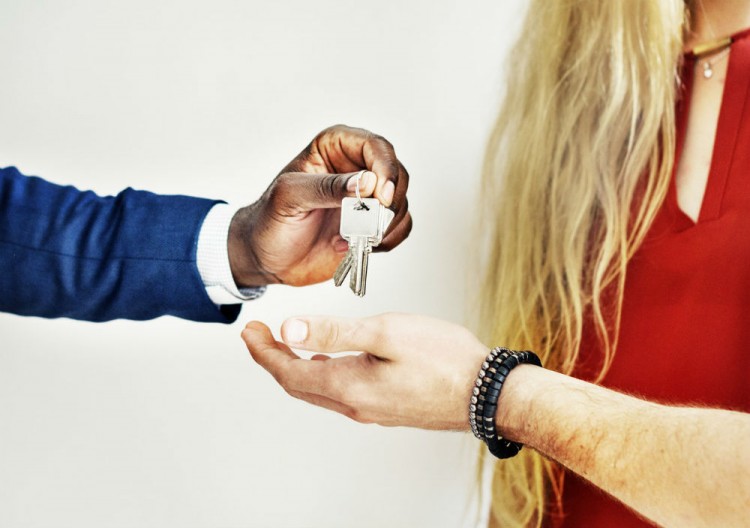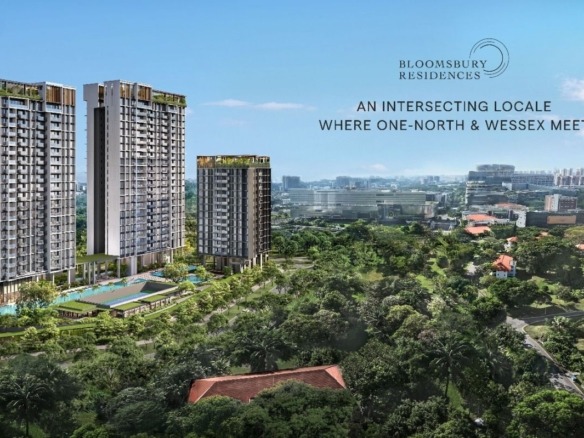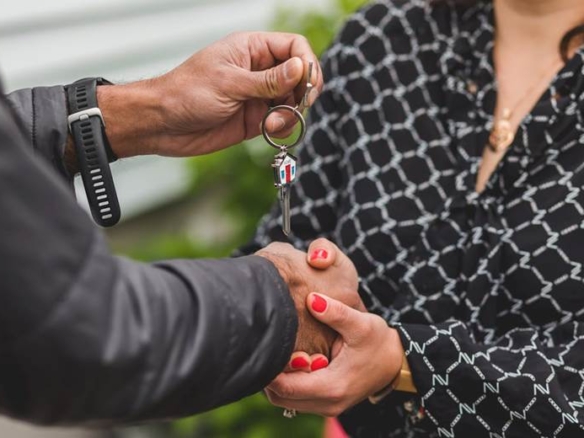
Owning your own home is a big ambition for most people in the UK, but it’s not necessarily always the right move for everyone. It’s probably the biggest financial decision you’re going to face in your life and should not be taken on simply because it is seen as a natural next step in society. You need to be sure that you can afford all the costs involved in the process of buying a house, including your ongoing monthly mortgage payments and the costs involved in maintaining a house. Unfortunately, some people make the decision to buy a home with a partner with more romantic motivations than financial, practical ideas.
When you are sure that you want to buy a house (and for the right reasons) you’ll need to give some consideration to the following factors before you get the keys.
1. What’s Your Budget?
How much you can spend on a home will come down to how much of a deposit you can save and what a mortgage lender is prepared to offer you. The mortgage you’ll be entitled to will depend on several factors including your income and outgoings, your employment status and your credit history. You’ll also need to budget for some ‘hidden costs’ such as survey fees and mortgage administration fees.
2. What Type of Mortgage Do You Want?
There is more than one type of mortgage; the one you want will depend on your personal circumstances and preferences. For example, you can opt for a repayment mortgage, where you’ll pay off the interest and part of the capital each month until you’ve paid it all off over a set period. Interest-only mortgages only will require you to pay interest on the loan, not the capital, which means lower monthly payments, but you’ll have to pay off the full balance at the end of the mortgage. There are also fixed rate and tracker mortgages to consider. For more information, this handy guide to the different types of mortgage is a highly relevant and useful resource when trying to work out which is best for you.
3. Where Do You Want to Live?
Hopefully, you’ll be living in your new home for a long time, and so you need to be sure it’s where you want to be. This will, of course, depend on personal factors such as work, childcare or schools and how close you want to be to family or friends, but you’ll also want to consider the housing market. Some areas come with higher price tags than others, and you may get more bedrooms or a larger garden in some places.
4. What Type of Property Do You Want?
When you know where you want to live, you can start to research the properties which are available in that area and arrange viewing appointments. Contact local estate agents and establish relationships as you may be able to secure early viewings for properties which meet your criteria. The more properties you see, the more you will build a picture of what you want. You need to understand whether the property is freehold or leasehold and that it is not on a short lease. Another consideration is whether to buy a new build or an older property, as both come with advantages and disadvantages.
5. Make an Offer
When you find a house, you’ll want to make the strongest purchase offer you’re able to make. The estate agent will handle the communication, but you may need to pay a small holding deposit to show you have a real intention to buy which you’ll get back if the sale doesn’t complete.
6. Arrange Your Mortgage
Finalise your mortgage with your lender based on the agreed purchase price.
7. Hire a Solicitor or Conveyancer
You will need to arrange for a solicitor or conveyancer, in order to handle the legal process of transferring ownership of the property to you. Your mortgage company might require you to go with someone specific, or your estate agent may suggest one (although in these situations you can insist on using an independent surveyor if you prefer). They will ensure there are not any major problems with the property, either structurally or in terms of planning permission restrictions with the local authority. A survey is carried out by the mortgage lender to ensure the property is in good enough condition to lend money against, but it is not very thorough.
The Final Stage of Buying a House
Exchanging contracts means you are now legally committed to buying the house and the seller is legally committed to selling to you. This happens after the surveyor’s report and once you’ve agreed on a completion date. From the date of exchange, you’ll need buildings insurance as you’re now legally responsible for the property.
There may be some final negotiations to make with the seller such as whether they are leaving white goods behind. You’ll need to arrange for the supply of utilities to be changed to your name and get the seller the to submit their final meter readings. You can then look at changing to a different supplier if you wish.
Your solicitor/conveyancer will liaise with the mortgage company to ensure the mortgage will be ready in time for completion and you need to ensure your deposit is ready to go as this is usually paid before completion.
The final stages are the completion of the sale, i.e., you officially take ownership of the property, and both money and deeds are transferred. This usually happens around 4 weeks after contracts are exchanged. You can then move in or start any of the decorating or renovation work you have planned. Once the sale is completed, you’ll need to pay any stamp duty costs and fees owed to the solicitor and conveyancer. First-time buyers do not pay stamp duty unless the home is over £300,000 in value. Your solicitor will usually handle the payment of the stamp duty and register the change of ownership with the land registry.
Congratulations, you’ve bought your first home and can enjoy it for many, many years to come!



